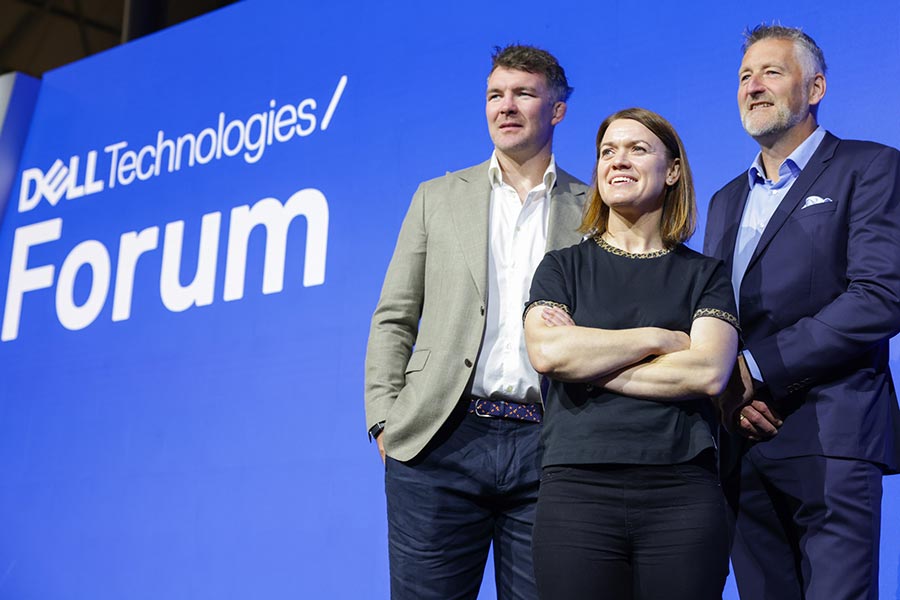BlueSky, which began as an invite-only platform launched in February 2023 by Jack Dorsey, is swiftly emerging as a compelling alternative to X, formerly known as Twitter, writes Chris Cashen.
While Dorsey has since left, the foundations of BlueSky were built by a person who has experience in creating platforms with high usability and scale.
It looks like what we became used to in an older version of Twitter, with a user-friendly design that features both a “discover” feed and a chronological feed for followed accounts.
BlueSky is well poised to capture the interest of users seeking a more welcoming online experience.
The platform has already made huge strides, surpassing 20 million users in November.
While this shows there is an undeniable demand, whether there is enough fuel to propel it to mainstream status is yet to be seen.
The notable exodus of media brands and journalists to BlueSky emphasises its potential as a haven from the controversies surrounding X under Elon Musk’s ownership.
High-profile media entities including The Guardian announced that it would stop posting on X altogether.
That publication cited “disturbing content” promoted on the platform, including far-right conspiracy theories and racism.
La Vanguardia, a Spanish newspaper, joined the exodus, citing “toxic content”.
Several high-profile journalists and media figures have individually leapt as well. This bravery from the few could avalanche into a more significant movement, illustrating that BlueSky may become a go-to destination for those disillusioned with the current state of social media.
The next few months will be pivotal for BlueSky as it strives to sustain its remarkable growth and solidify its position as a dominant player in social media, potentially rivalling X in the future.
With familiar features and a growing user base, it’s easy to imagine BlueSky becoming the next prominent place to takes the pulse of the internet.
So, how does BlueSky recruit users from X? For those of us who have seen social media mature from an app of novelty and voyeurism to utility and function, this feels a lot like other exoduses from one platform to another.
Ben Mezrich’s book on the growth and loss of innocence surrounding Facebook, The Accidental Billionaires, outlined how it became the most prominent social media platform.
The book was adapted into a movie, The Social Network, which introduced us to a strategy for recruiting users called Little Bighorn.
Instead of tackling your desired user base head-on (in this case, current X users), go after an adjacent market to stimulate demand.
Telling users that your platform is a comparable alternative based on its interface and features isn’t likely to be successful.
When Facebook initially grew, it targeted schools, although some already had social networks.
Rather than compete with them, Facebook focused on schools in proximity that were home to friends of the target schools’ students.
While BlueSky isn’t adopting this strategy geographically, it is targetting those who no longer feel at home on X.
Musk’s platform threw community guidelines to the side and regifted a platform to individuals who were guilty of anything from antisemitism to causing genuine civil unrest.
BlueSky is the antidote for those seeking the comfort of a controlled social media environment. It already boasts features like feeds with custom algorithms and filters that users can customise to their individual preferences.
It offers users a sense of control, contrasting with the wild and at times hostile environment they have become accustomed to on X, particularly during the recent US election.
It’s not just a better version of Twitter/X; it’s a platform aimed at users shaping their own experiences.
This empowerment starkly contrasts with Threads, where Meta dictates what appears in the algorithmic feed, potentially exposing you to content you might not be interested in.
BlueSky remains comparatively small compared to Threads, which has nearly five times the number of users.

It’s unclear if people will stick with it over the long term, especially since Meta seems committed to making Threads its next billion-user platform.
A lot of people are hoping that BlueSky will come to the rescue. But for now it remains to be seen whether it is Superman or just a pretender playing dress-up.











